Optimal Timing for Concrete Cutting
Concrete cutting is a precise process that depends heavily on environmental and material conditions. Timing plays a crucial role in ensuring quality cuts, minimizing damage, and optimizing project timelines. Proper scheduling can prevent issues such as cracking, surface spalling, or equipment inefficiency.
Concrete cuttings are best performed during moderate temperatures with low humidity and no rain. Extreme heat can cause rapid curing, leading to cracks, while cold weather may hinder the cutting process.
Cutting should be done after the concrete has gained sufficient strength, typically between 24 to 72 hours after pouring. Cutting too early can damage the slab, whereas waiting ensures better results.
Scheduling concrete cuttings during off-peak hours reduces disruption and allows for safer, more efficient work. Planning around other construction activities also minimizes risks.
In regions like Escondido, CA, mild winters and hot summers influence the timing. Spring and fall often offer ideal conditions for concrete cutting projects.
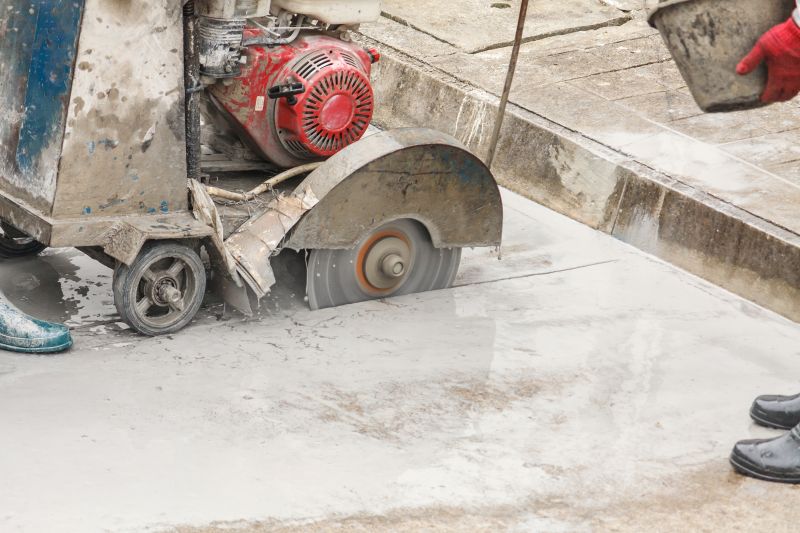
High-precision saws cutting through concrete slabs.
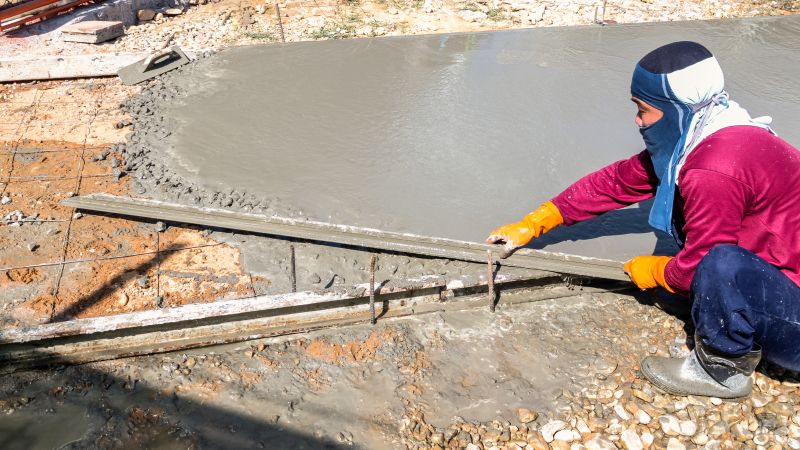
Worker assessing weather forecast before scheduling cutting.
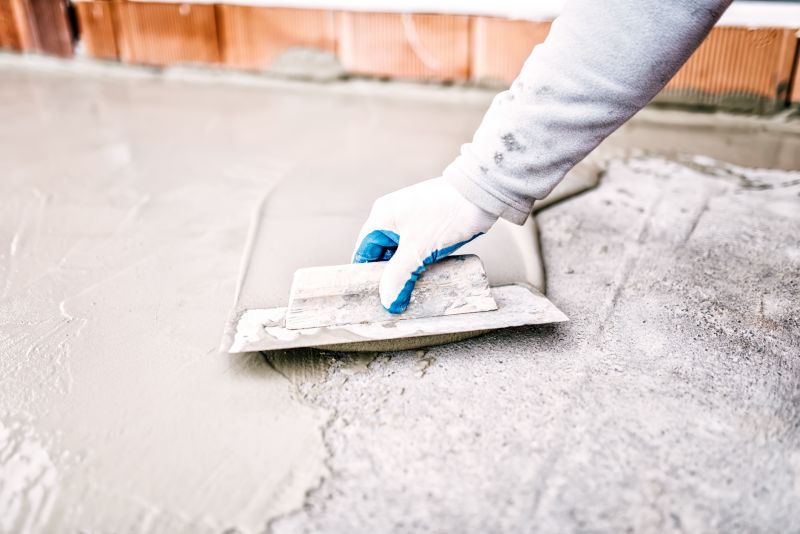
Completed cut lines on a freshly cured slab.
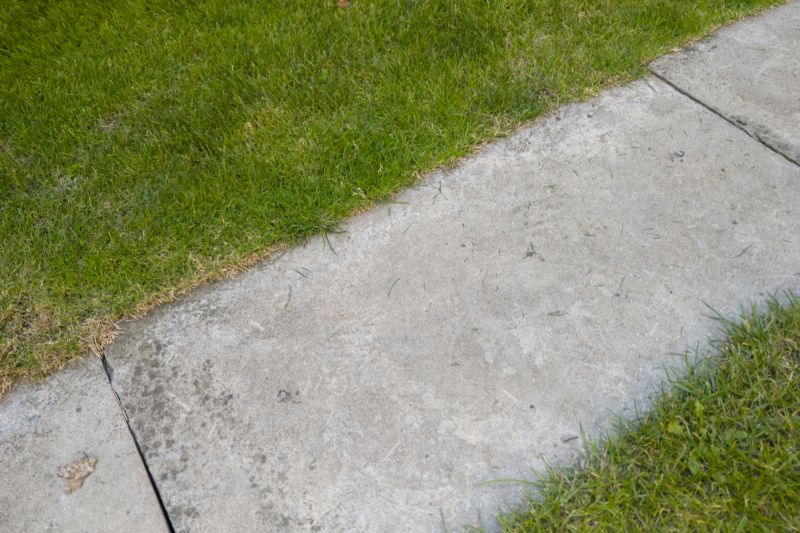
Ways to make Concrete Cuttings work in tight or awkward layouts.
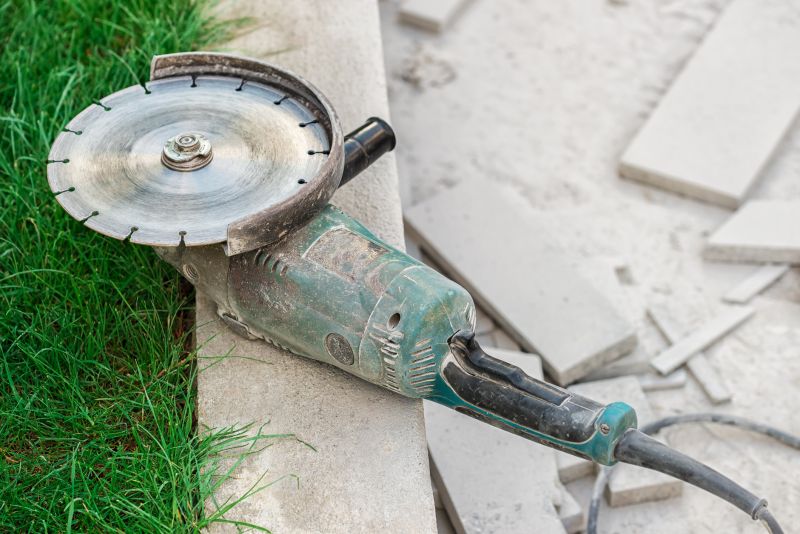
Popular materials for Concrete Cuttings and why they hold up over time.
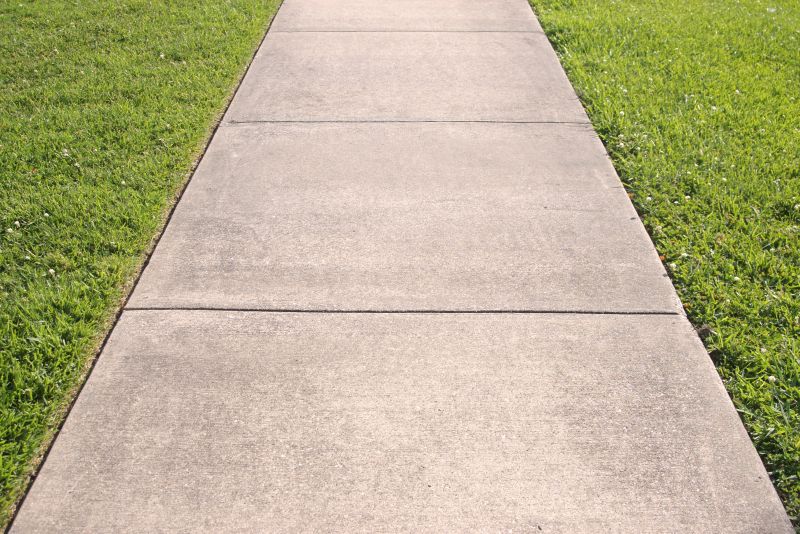
Simple add-ons that improve Concrete Cuttings without blowing the budget.
| Ideal Timing Factors | Details |
|---|---|
| Temperature | Between 50°F and 85°F for optimal results |
| Humidity | Low humidity levels preferred |
| Concrete Age | Usually 24-72 hours after pouring |
| Weather Conditions | Avoid rain, extreme heat, or cold |
| Project Phase | Scheduling after initial curing but before finishing |
Concrete cutting involves removing sections of hardened concrete using specialized tools such as saws, wire cutters, or grinding equipment. It is essential for creating openings for doors, windows, or utilities, as well as for demolition or modification projects. The process requires careful planning to prevent cracking, surface damage, or structural issues.
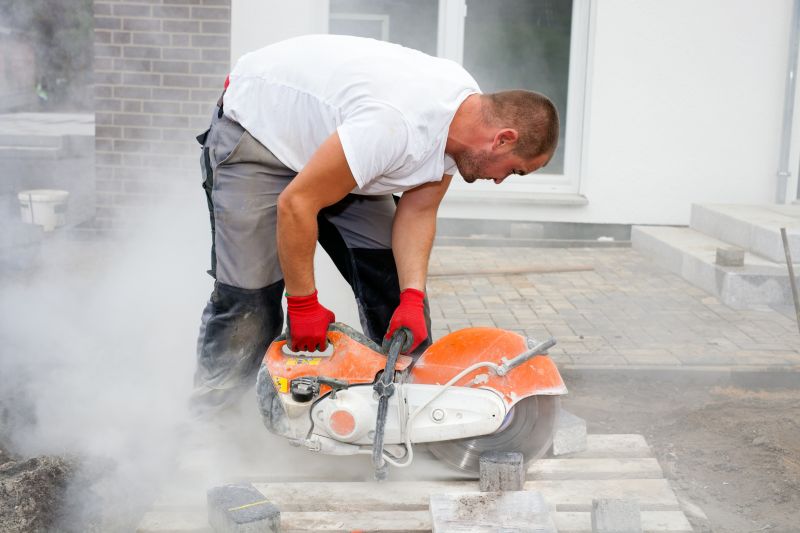
A worker using a diamond blade saw on a concrete slab.
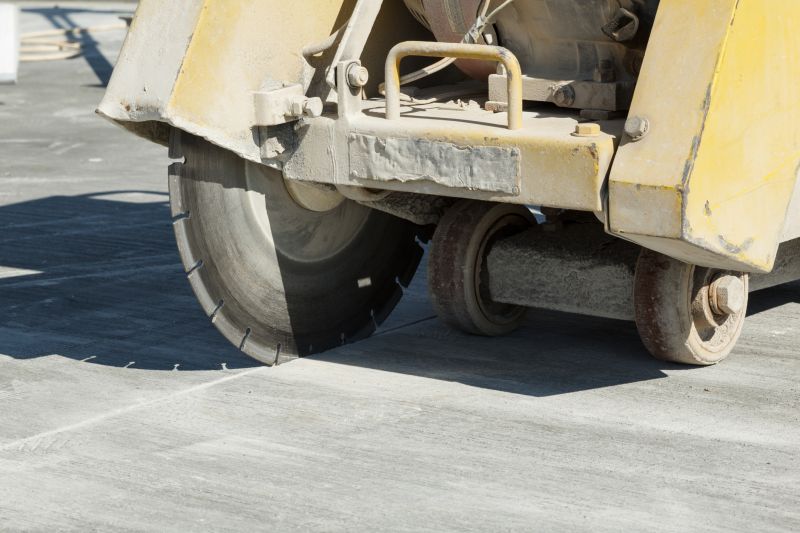
Properly calibrated tools ready for cutting tasks.
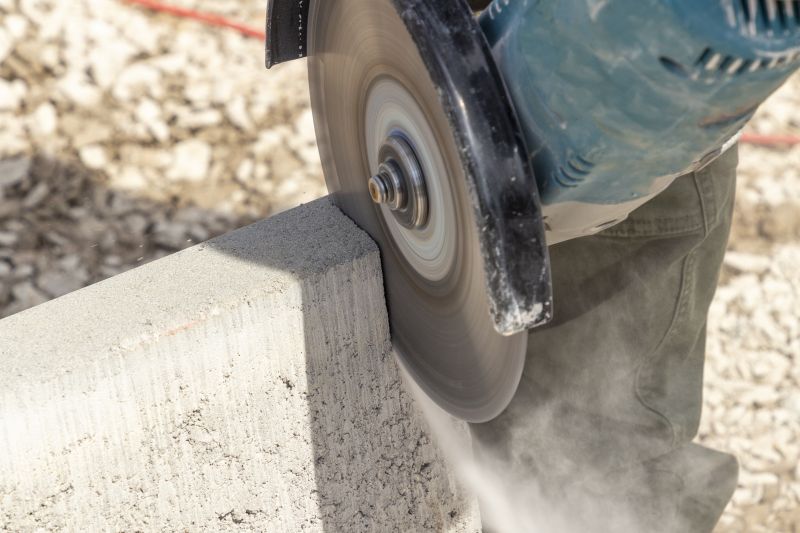
Close-up of a saw making a precise cut.
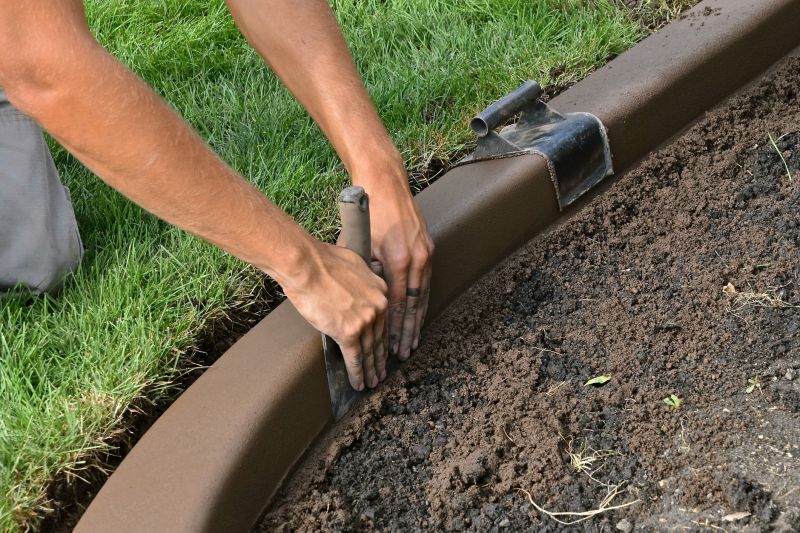
Cleanly cut concrete edge after completion.

High-end options that actually feel worth it for Concrete Cuttings.

Finishes and colors that play nicely with Concrete Cuttings.

Little measurements that prevent headaches on Concrete Cuttings day.
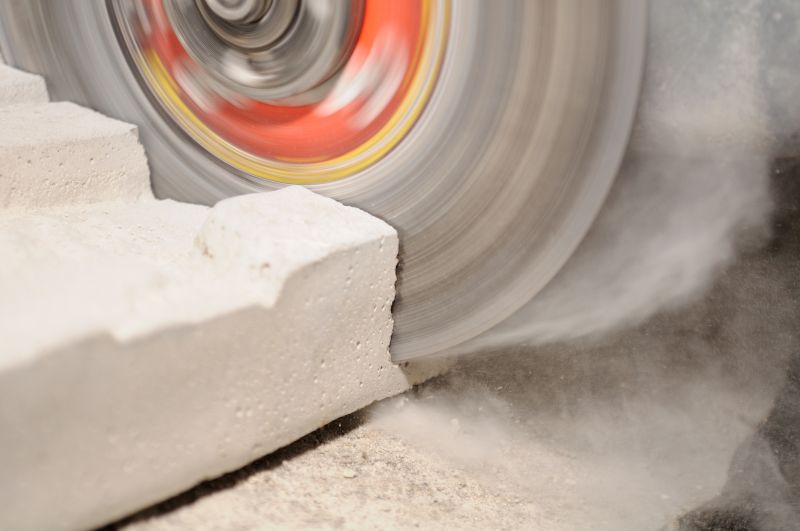
A 60-second routine that keeps Concrete Cuttings looking new.
Understanding the optimal timing for concrete cuttings can significantly influence the quality and safety of the project. Proper scheduling, considering environmental factors and concrete curing stages, ensures efficient work and durable results.
Interested in scheduling concrete cutting services? Fill out the contact form to discuss project needs and timing options.

